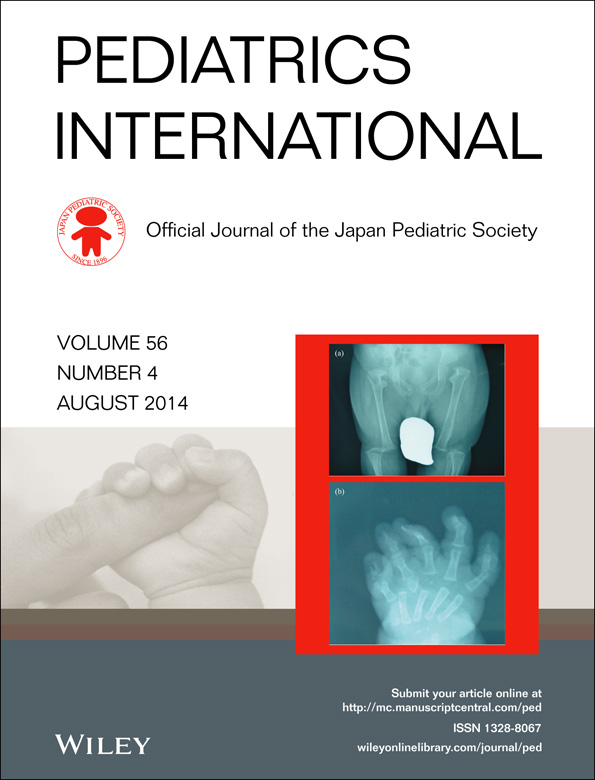Measurement of cytokine levels in cerebrospinal fluid over time in neonatal Enterococcal meningitis
Abstract
Enterococcus faecalis is rarely involved in neonatal meningitis. Several studies have indicated that the cytokines related to bacterial infection may induce nerve cell damage; therefore, the cytokine levels in cerebrospinal fluid (CSF) could represent a valuable hallmark for rapid recognition of the disease and evaluation of the degree of neurological involvement. We analyzed cytokine levels in the CSF of a neonate with E. faecalis meningitis over time. Tumor necrosis factor-α (TNF-α) tended to be elevated during the acute phase of infection, and then decreased during the convalescent stage after treatment. CSF inflammatory cytokine measurement may provide important clues for predicting the development of complications in the host because some of these cytokines, such as TNF-α, can injure neurons.




